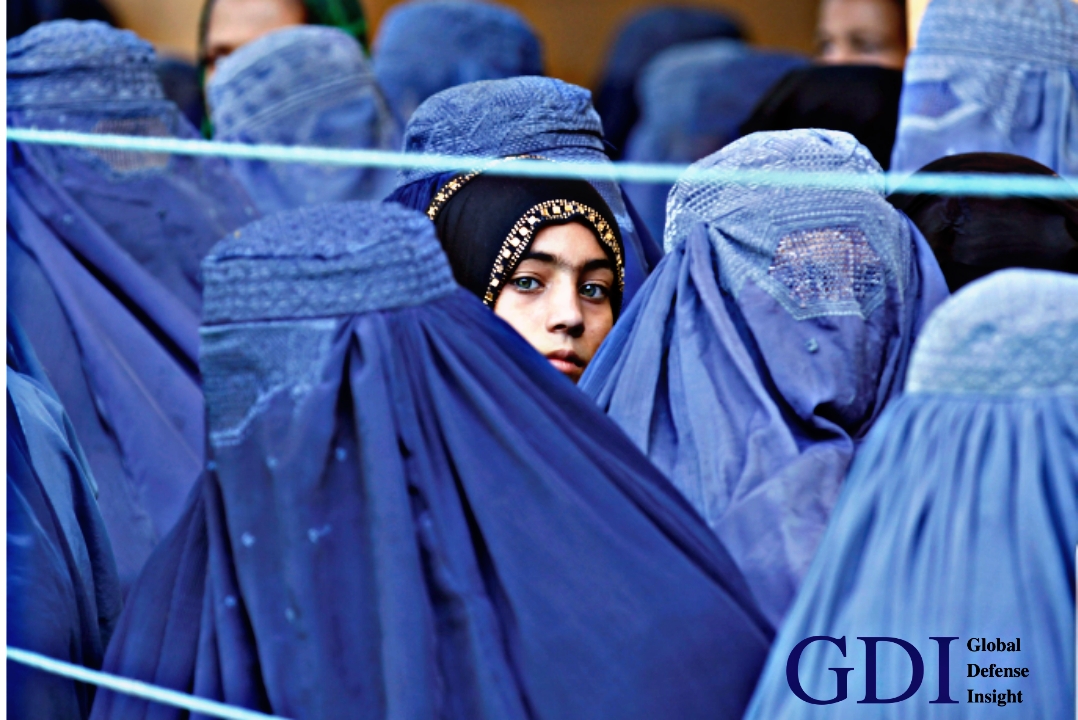Feminism in Future Afghanistan: the Two Perspective
Table of Contents
ToggleIntroduction:
Feminist, a word always misinterpreted by many in Asia, as women who want to dress inappropriately, perform adultery, and love to do degradation of men. The topic of feminism has always been a controversial one.
Read more: US Withdrawal from Afghanistan and its Foreign Policy; An Analysis
Just to clear the misconception of feminism, it is a political ideology about the encouragement of women’s rights based on creating equality with their male counterparts, it talks about gender equality and the ending of pre-determined gender roles.
Background:
Afghanistan is a country with a population of around 39 million out of which approximately 99.7% is Muslim population. Recently, the US and Taliban have signed a peace deal, which is a dynamic point in the 18-year war in Afghanistan. This moment is both of hope and despair for the 14.2 million Afghan women.
The future of Afghan women is completely dependent on the intra-Afghan negotiations, and it also hangs a big question mark over the fate of Afghan women and their rights. There are two perspectives in the regard, One in favor of Taliban rule, which will encourage the rights of Afghan women, the other, an antithesis that the Taliban are extremist and will oppress the rights of the Afghan women.
Taliban Regime:
Women’s rights in Afghanistan have been dynamic throughout history. Afghan women gained gender equality under the Constitution of 1964, but these rights were taken away in the 1990s during the Taliban’s regime.
Read more: Afghan Withdrawal: Treat or Threat for Pakistan ?
Later after the end of the Taliban regime in 2001, these rights were improved slowly, and in the Constitution of 2004 they were once again equal to men, but recent politics in Afghanistan has deeply affected the women rights, according to many Western scholars, Taliban support extremism, and they will
implement strict theocracy in Afghanistan which would be an end to Women rights, the rights to get equal jobs would end, domestic violence would significantly increase, child marriages would increase
and women would be again treated as the second, less important
Gender, their rights, will be completely oppressed.
Western Ideology:
To support this argument they give the example of earlier Taliban rule of the 1990s
where they not only imposed social restrictions on women, but more fundamentally restricted their access to healthcare, education, and jobs. Another argument raised by these scholars is that even now in negotiations there are no women in the Taliban negotiating team,
which shows their continual marginalization of women.
The Future:
The other perspective shows that the Taliban want to ensure equal rights for women in accordance with the state religion, Islam. Taliban spokesperson, Suhail Shaheen, claims that they respect women’s rights. Speaking exclusively to the ABC, Taliban spokesperson Suhail Shaheen said, “In daily life and in Islam women have important roles and rights and in Islamic laws, women live freely in Afghanistan and know their rights”
This shows that the Taliban also want to pursue peace and prosperity in Afghanistan and are determined to give Afghan women their rights. Feminism in Future Afghanistan: the Two Perspective
All of us are uncertain about what the future is like for Afghanistan, all of us have different perspectives. So what actually be future of feminism be like in Afghanistan? I say let’s wait and
watch.
Author: Laiba Jalil
- GDI Staffhttps://defensetalks.com/author/umair/
- GDI Staffhttps://defensetalks.com/author/umair/
- GDI Staffhttps://defensetalks.com/author/umair/
- GDI Staffhttps://defensetalks.com/author/umair/












